BDEW Medium Voltage Directive
The Directive for connection and parallel operation of generators in the public medium-voltage network provides many operators with a challenge. In cooperation with leading European system suppliers, we create demand-driven, individual solutions.
The Technical Guideline "Generating plants connected to the medium voltage grid - Guidelines for connection and parallel operation of generators in the public mediumvoltage network" of BDEW (hereinafter BDEW Medium Voltage Directive) applies to planning, construction, operation and modification of generation plants, which connected to the medium voltage network of a network operator and parallel with this power operated. It also applies when the network connection point of the generating plant in the low-voltage network, the connection point with the public network but is in medium voltage networks. This directive applies since June 2008 and calls since January 1, 2009 for generating plants evidence to comply with specific electrical properties. However, there are transitional periods. Before this date installed generation facilities are not affected by this directive.
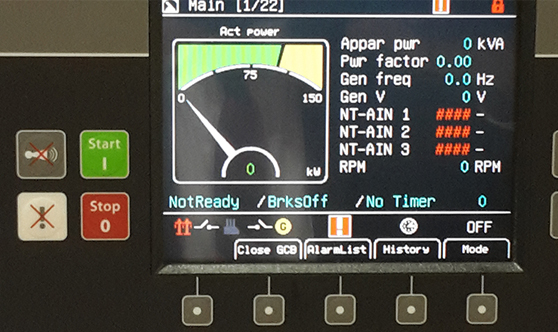
Cogeneration
According to the energy policy objectives of the Federal Government, the share of cogeneration in the net electricity is expected to increase by 2020 to 25%, which corresponds to a power generation of about 135 TWh. The CHP share of the net electricity production was in 2013 at approximately 92 TWh. A study published in 2015 “Analysis of the Federal Environmental Agency” estimates that CHP plants for an additional power generation of 10-15 TWh per year are under construction or in planning.
The expansion of energy production from cogeneration is promoted in Germany by a variety of measures, in particular by the law for the maintenance, modernization and expansion of cogeneration (CHP). The maximum possible CHP grant amounts according KWKG € 750 million per calendar year. However, significantly fewer funds were accessed in the past few years. A new mid-term review of the CHP in terms of achieving the energy policy objectives is provided for 2016th
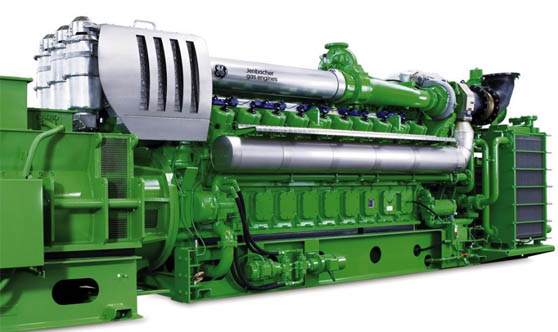
Organic-Rankine-Cycle

The Organic Rankine Cycle ORC process is a thermodynamic cycle in which, instead of water, a low-boiling, organic substance such as hydrocarbons or silicone oils circulates as a working medium. This can already be done at temperatures above 100 ° C and pressures far below 20 bar to extract maximum work from the ORC process.
With ORC systems it is possible to convert even small sources of thermal energy economically into electrical energy. This can be realized with little technological effort by an ORC unit located on a base frame.
In ORC power plants, it is possible to generate electrical energy from waste heat, geothermal energy, biomass or solar thermal sources due to the special thermodynamic properties of the synthetic ORC working media.
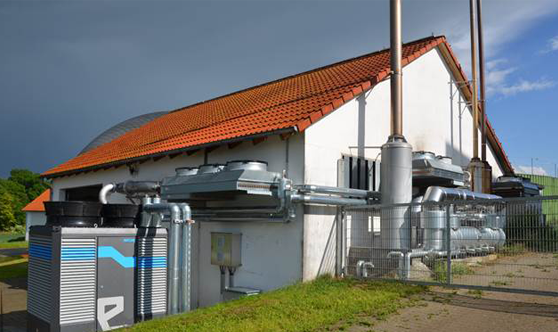
Spare parts supply from A-Z
The fast and competent supply of spare parts is of enormous importance for CHP plants. In order to avoid downtime or reduce it to a minimum, we cooperate with the leading manufacturers and wholesalers in Europe and the USA to deliver the required "original parts" or "identifiers" quickly and cost-effectively. Spare parts from A, such as starter motors to ignition systems for (almost) all common engines, are available to our customers. Particularly in the case of systems which are no longer operated under a maintenance contract, the procurement of spare parts is often a major problem. We support you in the selection, allocation, compatibility of the components and guarantee you reasonable prices.
The power range extends from 20 kWh to over 2,000 kWh and includes spare parts and components, among others. For the following brands:
List of manufacturers
- BOSCH
- BORG WARNER
- DENSO
- BERU
- DUNGS
- WOODWARD
- ABB
- COMAP
- DSE
- FEDERAL MOGUL
- CHAMPION
- MAHLE
- FG WILSON
- MARELLI
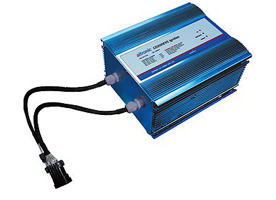
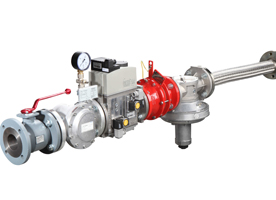
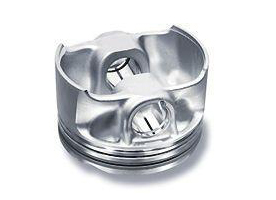
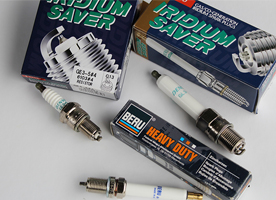
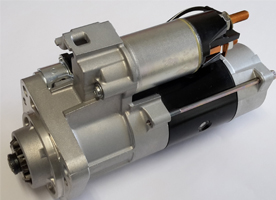
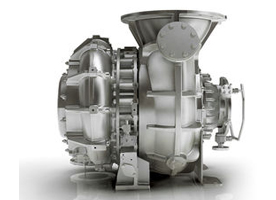
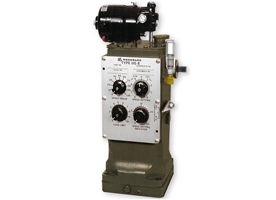
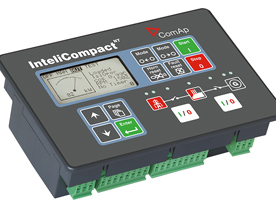
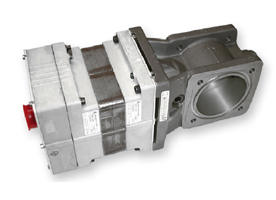
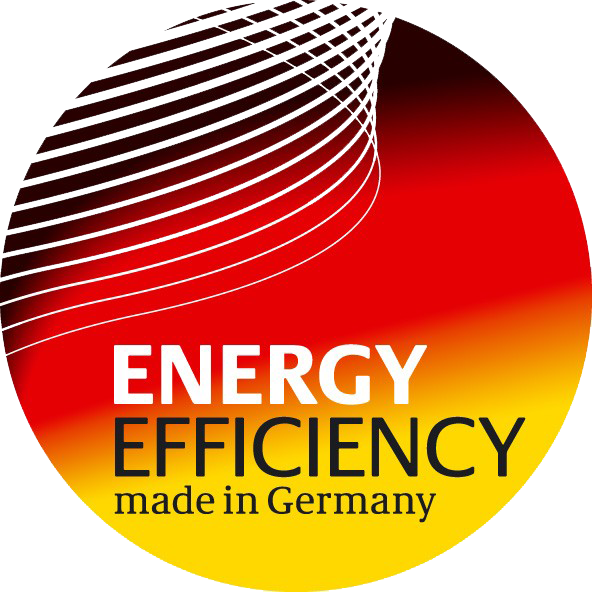
 DE
DE EN
EN